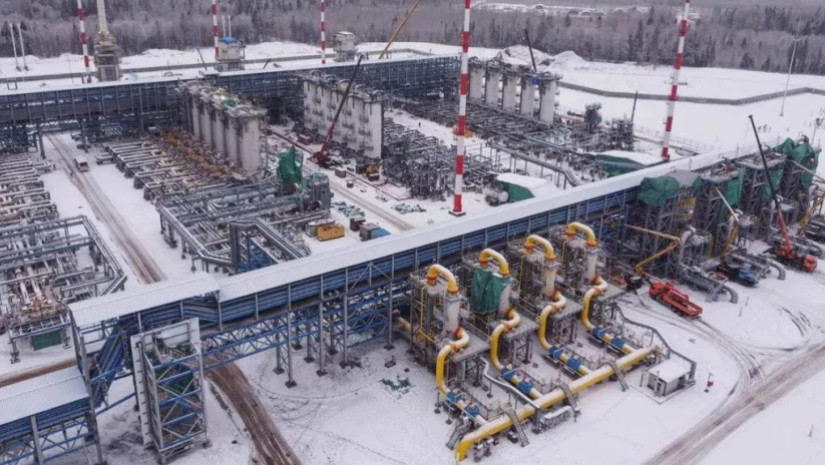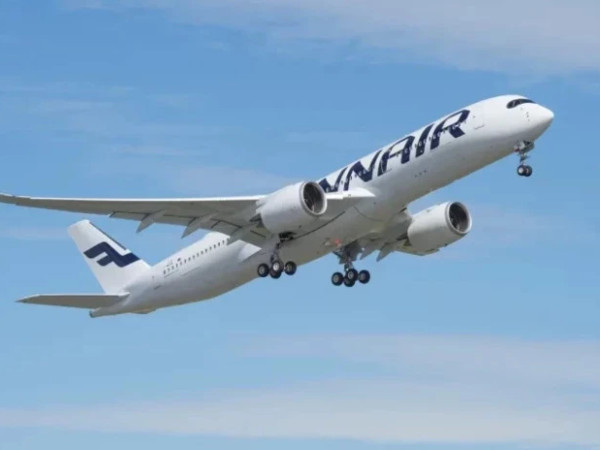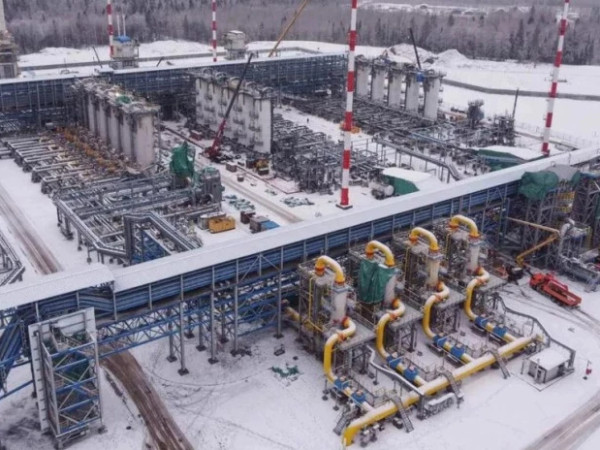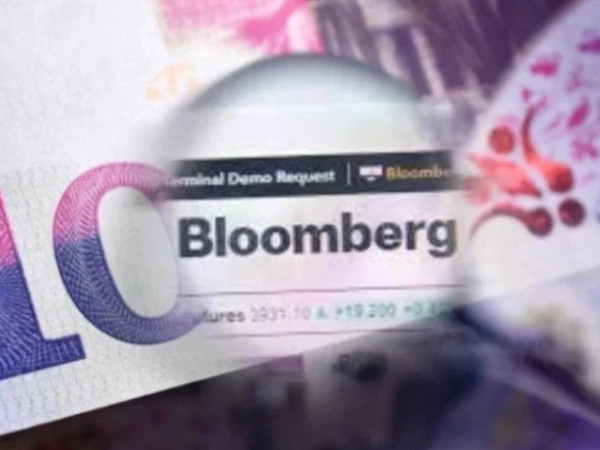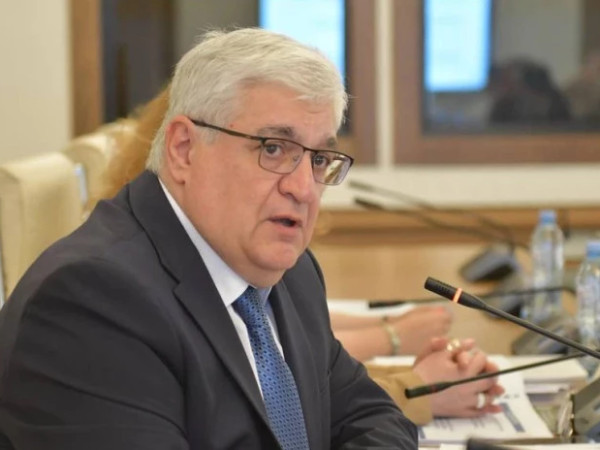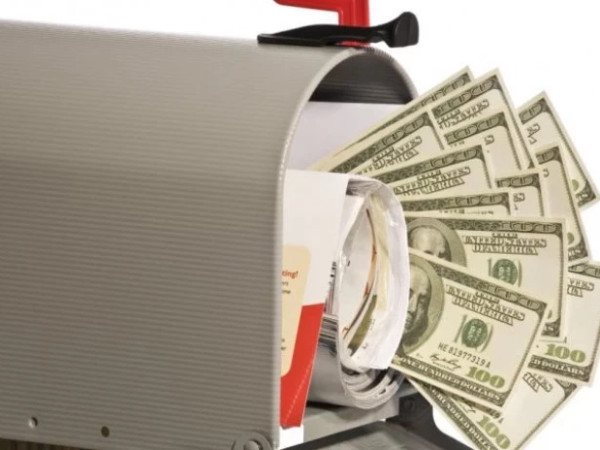Rapidly depleting gas reserves and looming supply cuts from Moscow have the makings of a fresh energy crisis for Europe, which is still reeling from extreme shocks two years ago.
Escalating tensions in Ukraine have contributed to about a 45% surge gas prices this year. While levels are still far below 2022 records, they are high enough to risk deepening a cost-of-living crisis for households and intensifying competitive pressure on strapped manufacturers.
Gas storage is a lifeline during the coldest periods but inventories this year are rapidly declining after frosty temperatures increased demand for heating and a wind drought required more usage for power generation.
Over two years since President Vladimir Putin weaponized energy, Europe is struggling to secure its energy system. The tight market reflects the continent’s challenge to entirely wean itself off Russian fossil fuels. The situation is about to get worse with gas deliveries that helped fill reserves in 2024 likely unavailable next year, extending the squeeze on prices.
“We still have problems with gas supply,’’ Markus Krebber, chief executive officer of RWE AG, said at a conference on Friday. “If we really want to be independent of Russian gas we need to have more import capacity and we will probably see this again this winter because gas storage facilities are emptying quite quickly as we have a cold start to the winter."
Russia’s war on Ukraine is escalating, with both sides launching missile attacks this week in an effort to gain an advantage ahead of Donald Trump’s return to the White House. As a result of the growing tensions, the US sanctioned Gazprombank, the last major financial institution exempt from penalties and a handler of payments for Russian gas.
The sanctions aim to cut income to the Kremlin from energy exports, but they also increase the risk of a halt of the natural gas that still flows to a handful of central European nations.
Although Europe has reduced its reliance on Russia, losing one of the last remaining routes for pipeline gas would put more pressure on the gas market and send global prices soaring, according to analysts at Energy Aspects.
Europe was already bracing for the potential end to flows of Russian gas through Ukraine when a transit deal expires at the end of the year. The sanctions mean that gas could stop flowing before then, with Hungary warning that its energy security is at threat.
Prices are reflecting the possible loss of a chunk of remaining cheap Russian flows, delays to extra supply of liquefied natural gas from the US, and a cold winter.
In another unusual sign of pressure on the system, prices for summer, when gas is supposed to be cheap enough to replenish storage, are more expensive than the following winter. That suggests energy costs are going to remain higher for longer, and the lower storage levels get this winter, the more difficult the task of refilling reserves becomes.







